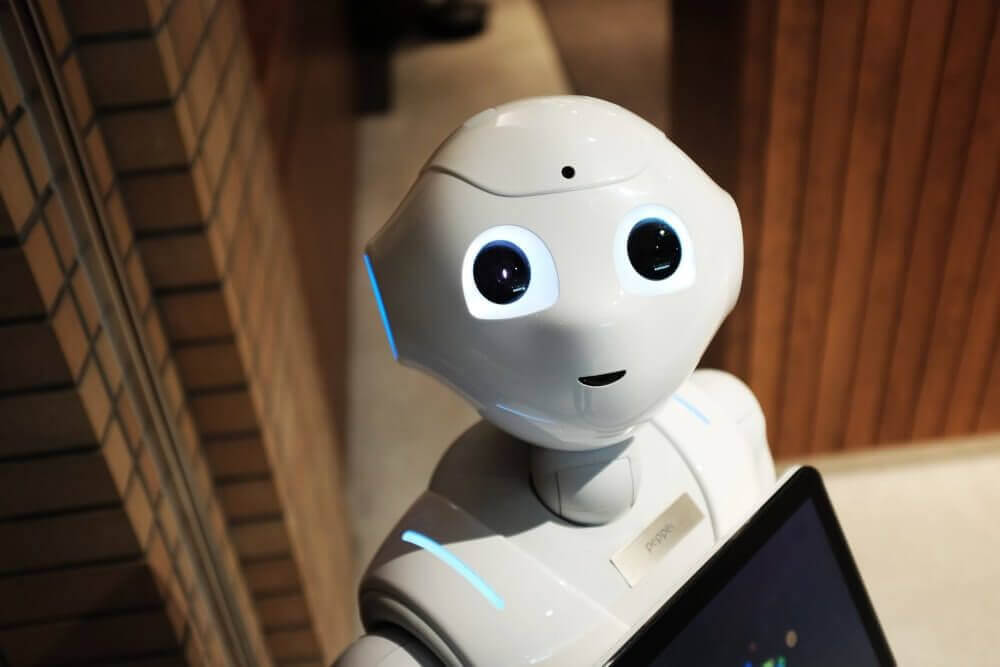Next week is Apple's Worldwide Developer Conference (WWDC), a chance for Tim Cook and his team to lay out the next 12 months as they preview the software that will power the iPhone 16 Pro. It's widely expected that this will include the addition of AI to iOS.
WWDC will be the first opportunity to do so since Google announced the birth of the AI smartphone at the start of October last year. This late public adoption of AI will present significant challenges to the next iPhone.
When is the right time for AI?
The first challenge, and perhaps the most keenly felt, is simply how late Apple is to the game. Google pushed the Pixel 8 and Pixel 8 Pro as the first "AI smartphones." They were launched mere weeks after Apple presented the iPhone 15 to the world in a presentation where Tim Cook and his team singularly failed to capture the oncoming storm that generative AI and on-device large language models would have on the ecosystem.
Apple has a habit of being late to new technology, and its supporters cite the idea of "being best, not first." It's hard to agree with that approach to AI. The iPhone is portrayed as offering the best smartphone to its customers, yet the biggest change in smartphone software this decade has passed the iPhone by. Tim Cook may preview the AI software next week, but it's destined for iOS 18, which will not have a public release until September. Even then, many believe that the AI software will not form part of the initial release and will not arrive until the first quarter of 2025.
Will it be different?
I'm expecting the WWDC presentation to pitch its implementation of AI to be built around the idea that this is "AI in a way that only Apple can deliver," but that will come with some caveats. Apple has been working on a deal with both OpenAI and ChatGPT to be the engines that drive much of the software. While the integration into the apps and services on the iPhone will look distinctively Apple, the decisions underneath are going to be the same that can be made by other manufacturers.
A Story of Security
Given Apple's promotion of the iPhone as a secure platform for personal data, there will be an emphasis on processing AI at a local level rather than sending your information into the cloud as other smartphones may do. It's a valid concern and one that other manufacturers have addressed similarly by keeping as much processing on the device as possible.
Given the increased processing power and memory required for local AI, chip manufacturers such as Qualcomm, Samsung, and Mediatek have tailored the silicon they offer to accommodate the demands of AI. Apple is in the enviable position of designing its own silicon, and the new A18 that will power the iPhone 16 Pro and 16 Pro Max will undoubtedly have the same accommodations. Accommodations in hardware cannot be backported to older and lower-spec handsets. The full power of AI may only be available with the most expensive new handsets.
There may be an option to do some processing in the cloud for weaker iPhones, but there's an unanswered question about the running costs of the cloud servers and how much can be passed on to customers.
Chasing the Missed Moment
AI may be a brave new world, but Google and Microsoft have already set the conventions and capabilities of an AI-focused operating system. Apple has missed the chance to be a leader. It's playing catch-up, fighting in a space the competition has already defined, and relying on outside help for key parts of the architecture.
WWDC will show us how close the iPhone 16 Pro will get to the competition.









0 Comments